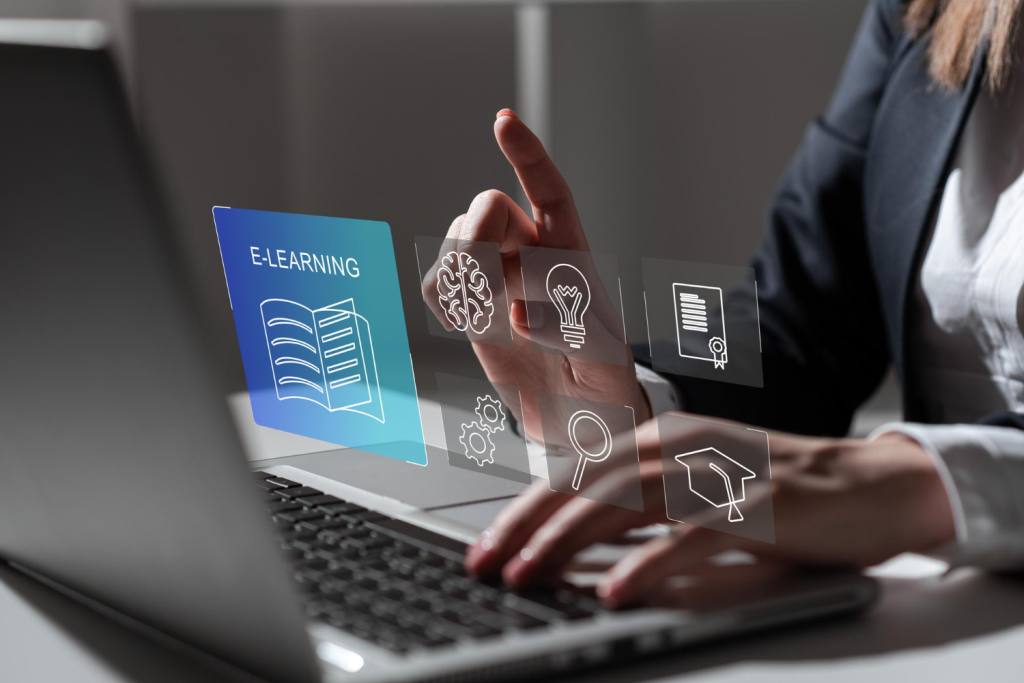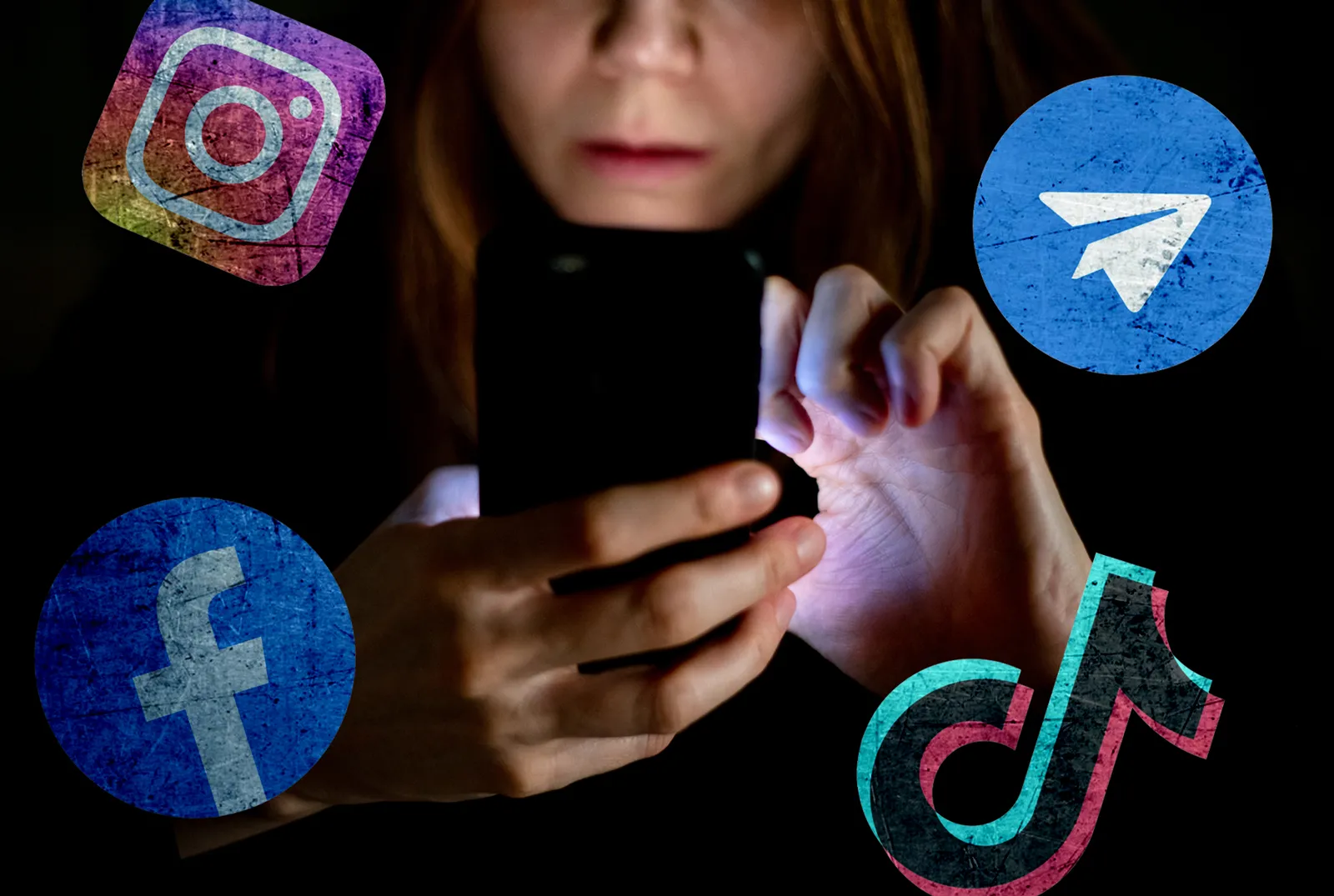The Impact of Personalized Learning on Student Outcomes

In the rapidly evolving landscape of education, one question stands out above the rest—how can we better support our children’s unique learning needs? Personalized learning is emerging as a powerful answer. By tailoring educational experiences to individual student strengths, interests, and needs, personalized learning aims to optimize student outcomes in ways traditional methods often fall short. This blog will explore the multifaceted impact of personalized learning on student outcomes, providing valuable insights for parents, EdTech enthusiasts, business professionals, and students alike.
Defining Personalized Learning
What is Personalized Learning?
Personalized learning is an instructional approach designed to customize learning experiences to meet the diverse needs of individual students. Unlike one-size-fits-all educational methods, personalized learning leverages technology and data to provide tailored learning paths, content, and pacing. Each student receives a unique educational plan that aligns with their interests, strengths, and areas for improvement.
Key Components of Personalized Learning
The main components of personalized learning include customized learning paths, competency-based progression, flexible learning environments, and student agency. Customized learning paths allow students to engage with content that suits their interests and learning styles. Competency-based progression ensures students move forward only when they have mastered the material. Meanwhile, flexible learning environments accommodate different learning preferences, from traditional classrooms to online platforms. Lastly, student agency empowers learners to take control of their educational journeys, setting goals, and making choices about how they learn best.
How Personalized Learning Differs from Traditional Methods
Traditional education methods often rely on standardized curricula and assessments, delivering the same content to all students regardless of their unique needs or abilities. In contrast, personalized learning focuses on individual progress, providing differentiated instruction that adapts to each student’s learning pace and style. This approach fosters a more engaging and effective learning experience, enabling students to achieve their full potential.
The Impact on Student Outcomes
Academic Performance
One of the most significant benefits of personalized learning is its positive impact on academic performance. Research shows that students engaged in personalized learning programs perform better on standardized tests and exhibit higher levels of mastery in core subjects such as math and reading. By receiving tailored instruction and support, students can address their specific learning gaps and advance at their own pace, leading to improved academic outcomes.
Engagement and Motivation
Personalized learning also enhances student engagement and motivation. When students are given the opportunity to explore topics that interest them and learn in ways that resonate with their preferred learning styles, they are more likely to stay engaged and motivated. This increased engagement translates into higher attendance rates, reduced dropout rates, and a greater overall commitment to learning.
Student Well-Being
Beyond academic performance, personalized learning positively affects student well-being. By creating a supportive and inclusive learning environment that recognizes and values individual differences, personalized learning fosters a sense of belonging and self-worth. Students who feel understood and supported are more likely to experience reduced anxiety and stress, leading to better mental health and overall well-being.

Case Studies
Summit Public Schools
Summit Public Schools, a network of charter schools in the United States, has successfully implemented personalized learning through its innovative Summit Learning Program. Using a combination of project-based learning, mentoring, and technology, Summit has created a personalized learning environment that adapts to the needs of each student. The results speak for themselves—Summit students consistently outperform their peers on standardized tests and exhibit strong college readiness skills.
AltSchool
AltSchool, a network of micro-schools in California and New York, leverages personalized learning to create a highly individualized educational experience. By utilizing technology to track student progress and tailor instruction, AltSchool provides a flexible and adaptive learning environment. Students at AltSchool benefit from a curriculum that evolves based on their interests and needs, resulting in higher levels of engagement and achievement.
Lindsay Unified School District
Lindsay Unified School District in California has adopted a personalized learning model that emphasizes competency-based education. Students progress based on their mastery of specific skills and concepts, rather than time spent in class. This approach has led to significant improvements in student outcomes, including higher graduation rates and increased college enrollment.
The Future of Education
The Role of Technology
Technology will play a crucial role in the future of personalized learning. Advanced data analytics, artificial intelligence, and machine learning will enable educators to provide even more precise and effective personalized instruction. These technological advancements will also facilitate the creation of adaptive learning platforms that continuously evolve to meet the changing needs of students.
Global Transformation
Personalized learning has the potential to transform education on a global scale. By leveraging technology and data, educational institutions worldwide can create more equitable and inclusive learning environments. This shift toward personalized learning could help bridge the achievement gap and ensure that all students, regardless of their background or circumstances, have access to high-quality education.
Challenges and Considerations
While the benefits of personalized learning are clear, there are also challenges to consider. Implementing personalized learning requires significant resources, including technology infrastructure, professional development for educators, and ongoing support for students. Additionally, there are concerns about data privacy and the ethical use of student information. Addressing these challenges will be essential to the successful adoption and sustainability of personalized learning.
Conclusion
Personalized learning holds tremendous promise for improving student outcomes and transforming education as we know it. By tailoring educational experiences to individual needs, personalized learning can enhance academic performance, boost engagement and motivation, and support student well-being. However, realizing this potential will require a concerted effort from educators, policymakers, and technology providers. Together, we can create a more personalized and equitable educational system that empowers all students to succeed.
For parents, EdTech enthusiasts, business professionals, and students, the future of personalized learning is bright. By staying informed and advocating for the adoption of personalized learning approaches, we can help drive positive change in education. If you’re interested in learning more about how personalized learning can benefit your child or organization, consider reaching out to experts in the field or exploring available resources and tools. The journey toward personalized learning is just beginning, and the possibilities are endless.








